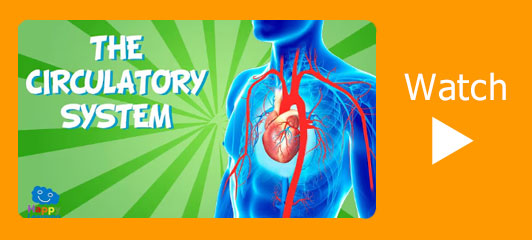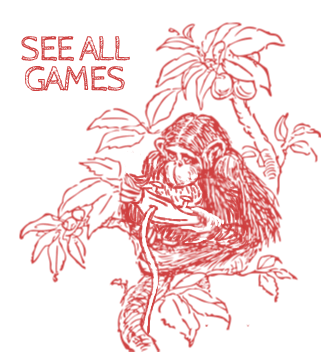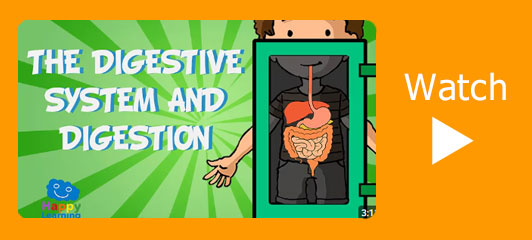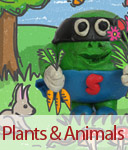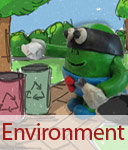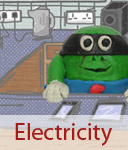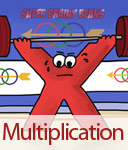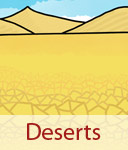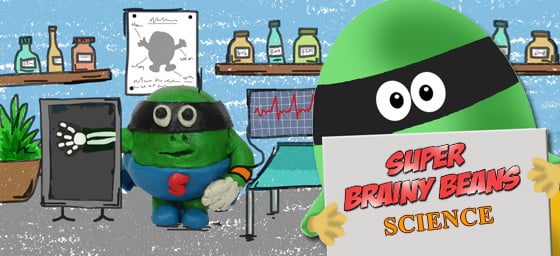
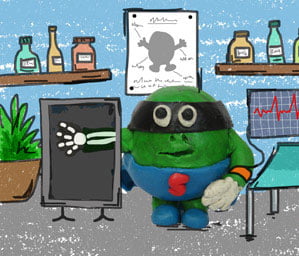
Human Body KS2
Year 5 & 6
Human Body KS2 kids learning at Primary School. Learn about the Human Body and the parts of the body for Key Stage 2, Year 5 & 6 children.
Pick a level
How our bodies change as we grow
Our bodies change a lot as we grow up. From when we are babies to when we become adults, and even as we get older, our bodies go through many different stages.
Growing Up
When we are babies and little kids, our bodies grow quickly. We get taller, our muscles get stronger, and our bones become harder. Our brains also grow and learn new things every day. This is when we learn to walk, talk, and play.
Becoming Teenagers
When we reach our teenage years, our bodies change even more. This is called puberty. Boys and girls start to look more like adults. Boys might grow facial hair and get deeper voices, while girls’ bodies change as they get ready to have babies one day. Everyone grows taller and stronger during this time.
Adulthood
As adults, our bodies usually stay strong and healthy if we take care of them by eating well, exercising, and getting enough sleep. Our skin and hair may start to change a little, but we can still do lots of exciting things!
Getting Older
As people get older, their bodies start to slow down. Joints might get stiffer, hair may turn grey, and some people might need glasses. This is a normal part of life called ageing. But even as we get older, it’s important to stay active and keep our minds sharp.
The Human Circulatory System
Our circulatory system is like a super highway inside our bodies that helps keep us alive and healthy. It moves blood all around, carrying important stuff to every part of us.
Main Parts of the Circulatory System
- Heart: The heart is a strong muscle about the size of your fist. It works like a pump, pushing blood all around your body.
- Blood Vessels: These are tubes that carry blood. There are three main types:
- Arteries take blood away from the heart.
- Veins bring blood back to the heart.
- Capillaries are tiny blood vessels where blood delivers oxygen and takes away waste.
- Blood: Blood is a special liquid that carries oxygen, nutrients, and other important things to cells. It also helps fight germs to keep you healthy.
How It Works
Your heart pumps oxygen-rich blood through the arteries to all parts of your body. After your cells use the oxygen, the blood picks up waste like carbon dioxide and travels back to the heart through the veins. Then, the heart sends this blood to the lungs to get fresh oxygen again.
Thanks to your circulatory system, every part of your body gets the oxygen and nutrients it needs to work properly.
How Diet, Exercise, Drugs, and Lifestyle Affect Your Body
The way you live your life has a big impact on how well your body works every day. Here’s how some important things can help—or harm—your body:
Diet
What you eat gives your body the fuel it needs. Healthy foods like fruits, vegetables, whole grains, and proteins help you grow strong and stay full of energy. Eating too much junk food, like sweets and fast food, can make you feel tired and might hurt your body over time.
Exercise
Moving your body is super important! Exercise, like running, swimming, or playing sports, makes your heart and muscles stronger. It also helps your lungs work better and keeps your mind sharp and happy.
Drugs
Some medicines can help when you’re sick, but other drugs, like smoking or using harmful substances, can damage your body. They can make it harder for your heart and lungs to work well and can cause serious health problems.
Lifestyle
How you live your daily life matters a lot. Getting enough sleep, drinking water, and managing stress all help your body stay healthy. On the other hand, too much stress or not resting enough can make your body tired and weak.
Remember, taking good care of your body now helps you feel great today—and for many years to come.
How Nutrients and Water Travel Inside Your Body
After you eat and drink, your body needs to get the good stuff from your food and water to all your cells. This is how it happens:
Digesting Food and Absorbing Nutrients
When you eat, your digestive system breaks down food into tiny parts called nutrients. These nutrients include things like sugars, proteins, fats, vitamins, and minerals — all the things your body needs to grow, have energy, and stay healthy.
Transport by the Blood
Your blood is like a delivery team! It carries nutrients from your digestive system through the blood vessels to every part of your body. The heart pumps the blood, pushing these nutrients where they’re needed.
Water Transportation
Water is super important because it helps keep your body cool, moves nutrients around, and helps get rid of waste. Water is absorbed from your food and drinks into your blood and then travels all over your body to keep cells hydrated and working well.
Thanks to your circulatory system, nutrients and water reach every cell, helping your body stay strong and full of energy.

